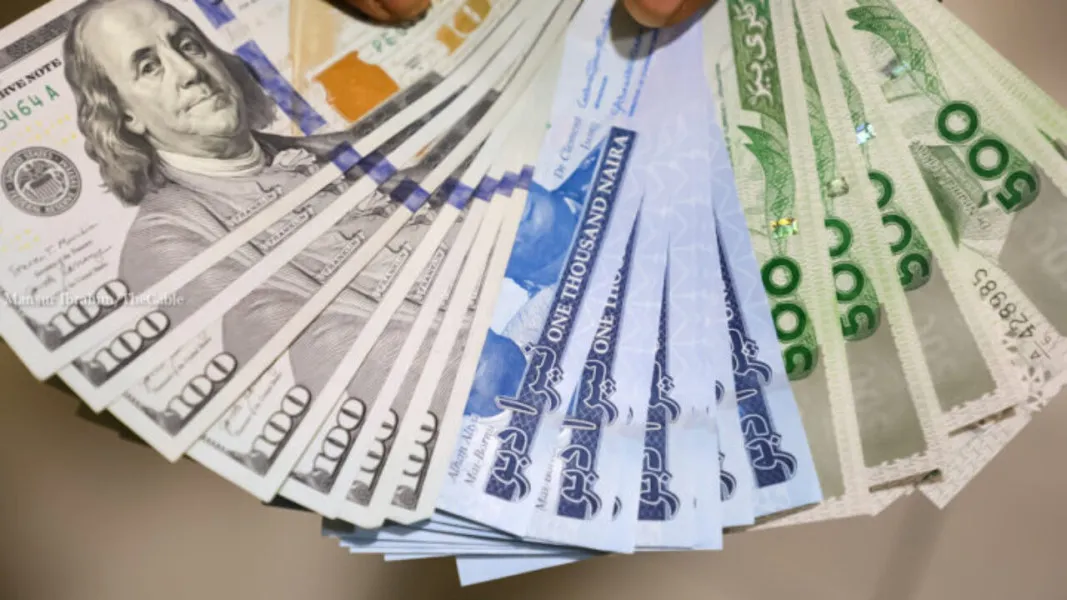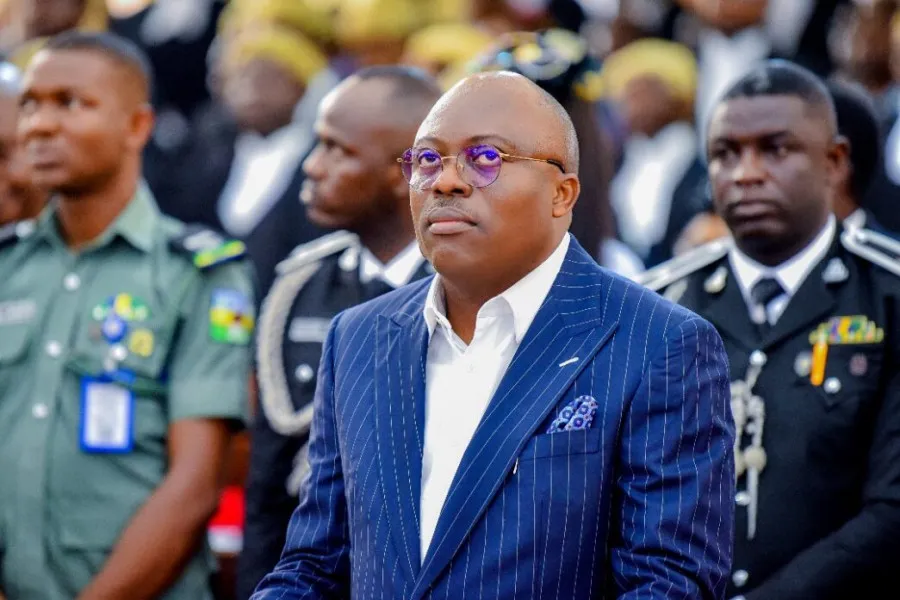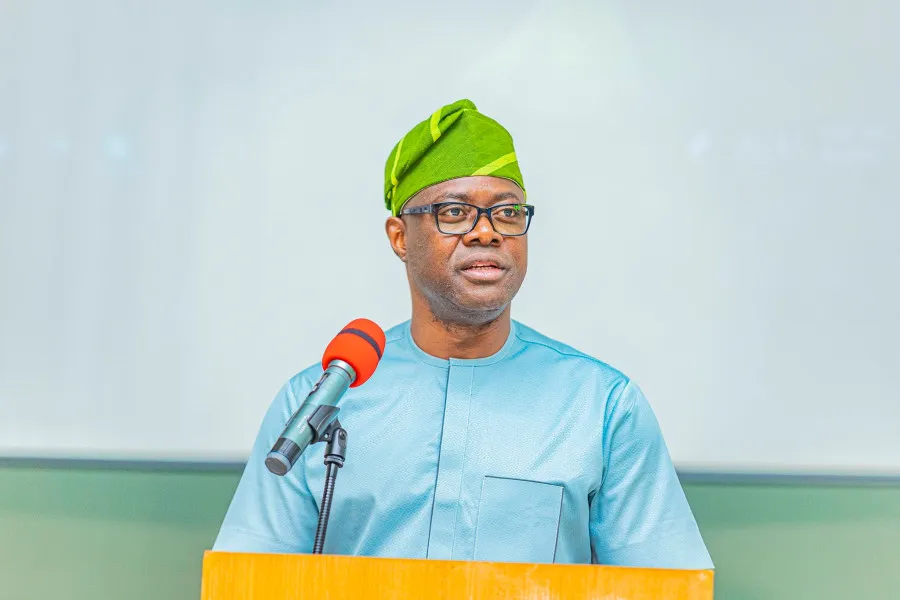The Nigeria Governors’ Forum (NGF) has underscored the need for a nuanced approach in determining the national minimum wage, urging the National Minimum Wage Committee to consider prevailing economic circumstances and the distinctive attributes of individual states.
Amid calls from labour unions for a wage increase due to soaring inflation rates, the NGF emphasized the importance of incorporating state-specific considerations into the deliberation process. The existing national minimum wage of N30,000 has come under scrutiny, prompting the Federal Government to initiate discussions through a tripartite committee.
Vice President Kashim Shettima inaugurated the 37-member panel tasked with proposing a revised minimum wage, comprising representatives from federal and state governments, the private sector, and organised labour. The committee’s mandate aligns with the objective of addressing wage disparities and ensuring fair remuneration for workers nationwide.
Acknowledging the diverse perspectives expressed during nationwide consultations, the NGF stressed the significance of data-driven and evidence-based proposals. Recognizing the intricate balance between meeting workers’ needs and safeguarding employers’ financial viability, the forum advocated for a holistic approach to wage determination.
In a communique issued following a virtual meeting, NGF Chairman Governor AbdulRahman AbdulRasaq of Kwara State highlighted the imperative of integrating state policing into the ongoing constitutional amendment process. The forum underscored the necessity of addressing systemic security challenges through comprehensive reforms.
Additionally, the NGF expressed solidarity with Delta State Governor Sheriff Oborevwori following a tragic communal clash, condemning the violence and honoring the memory of those who lost their lives, including military personnel. The forum reaffirmed its commitment to promoting peace and stability across the nation.
Furthermore, the NGF discussed states’ strides in implementing business-friendly reforms aimed at enhancing investment climates and fostering economic growth. Leveraging support from initiatives like the World Bank’s State Action on Business Enabling Reforms Programme for Results, member states are prioritizing initiatives such as land administration improvements, public-private partnerships, and regulatory environment enhancements.
Addressing concerns raised by the United States Embassy regarding illegal intercountry adoption practices involving Nigerian children, the NGF pledged to collaborate with relevant government agencies to address systemic issues of fraud and corruption.





